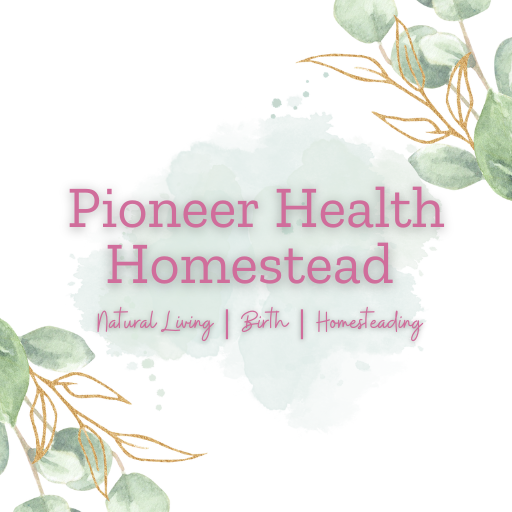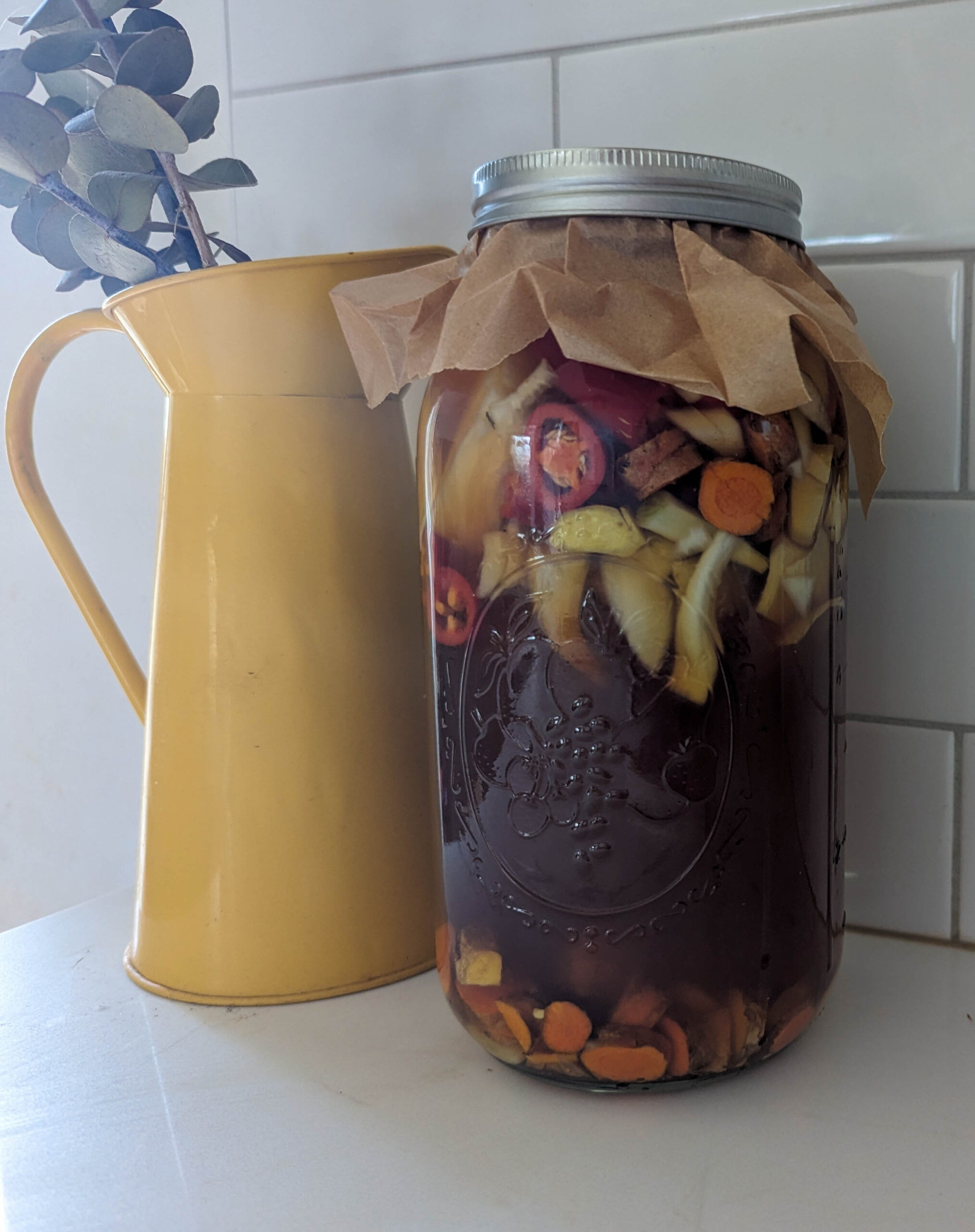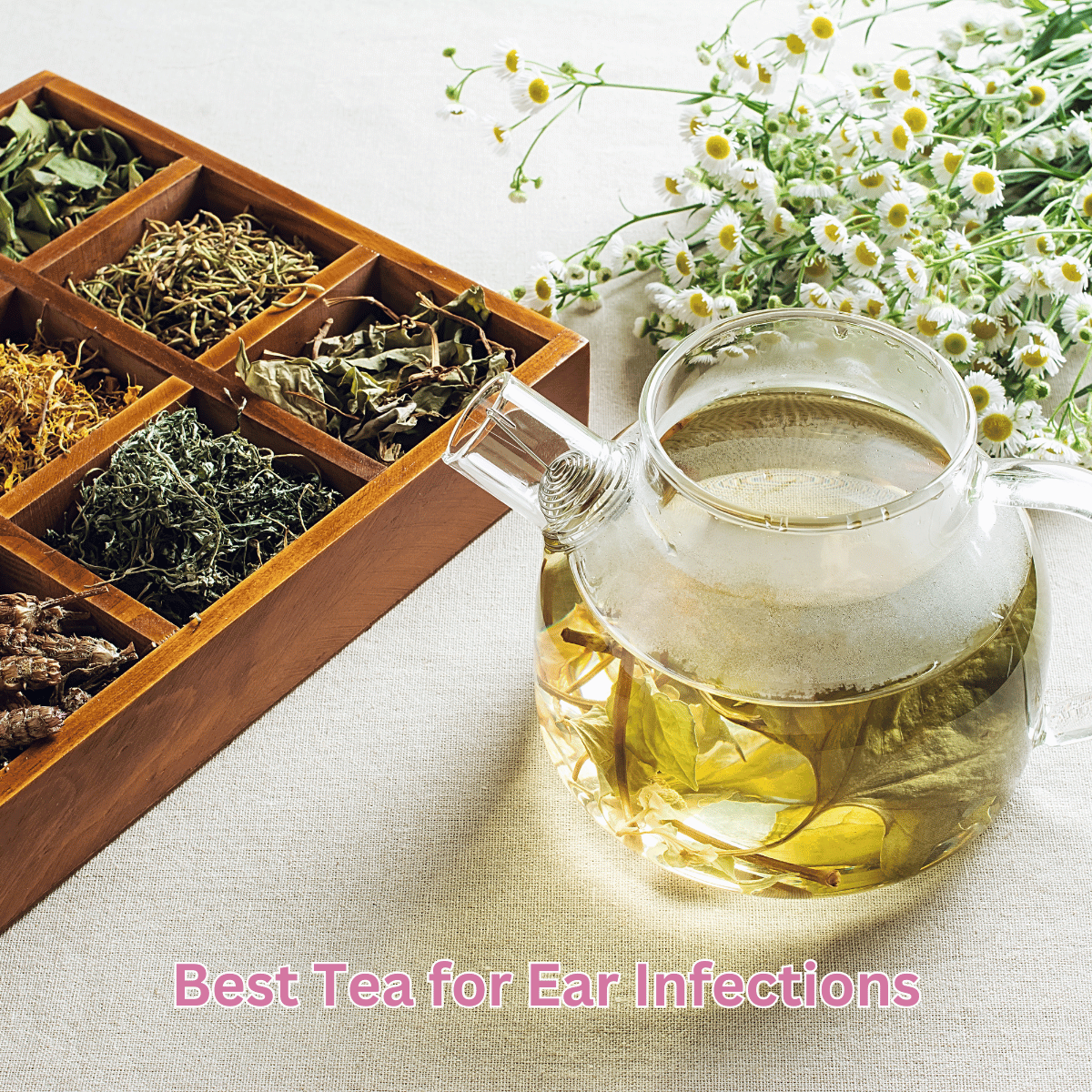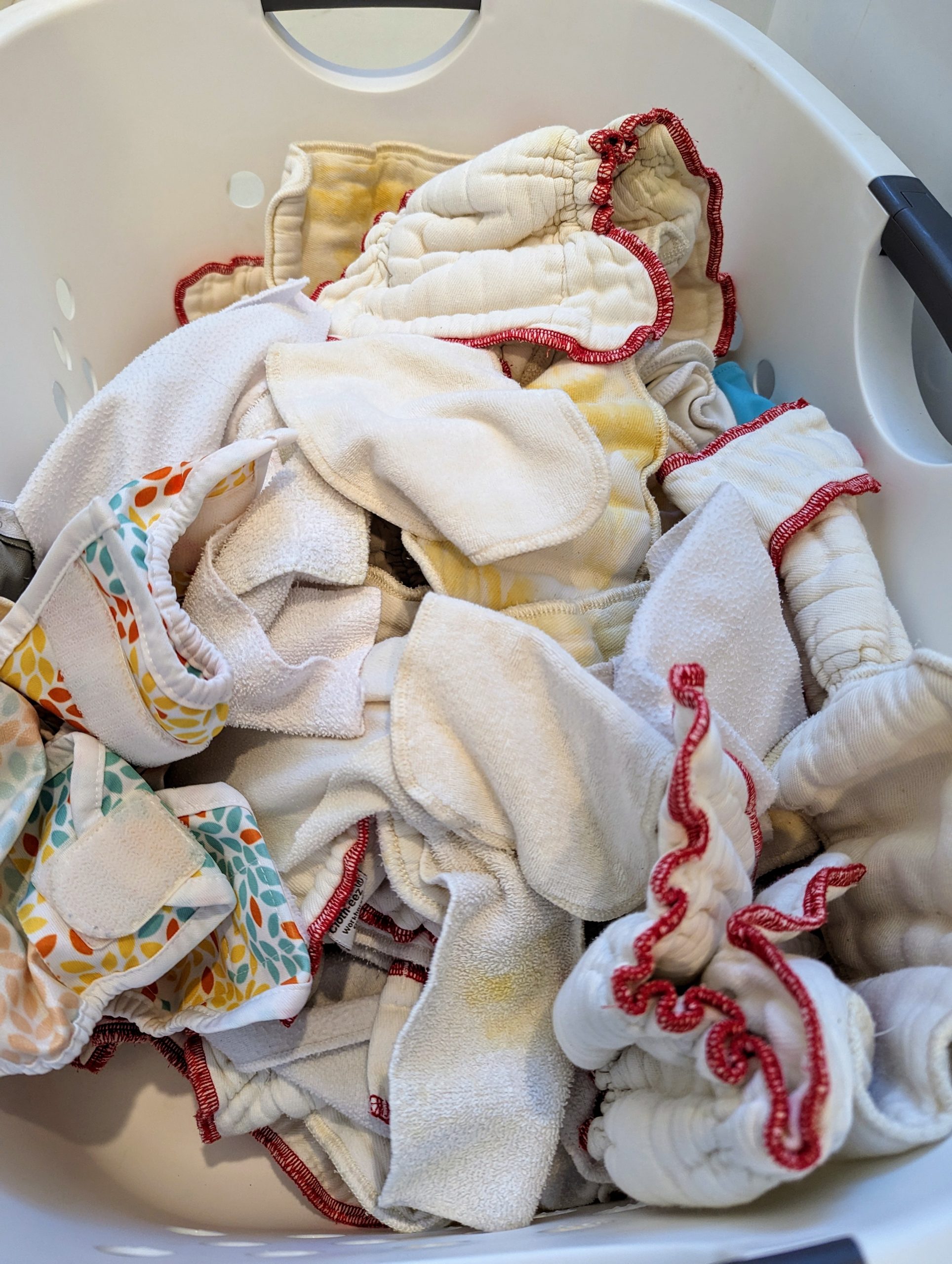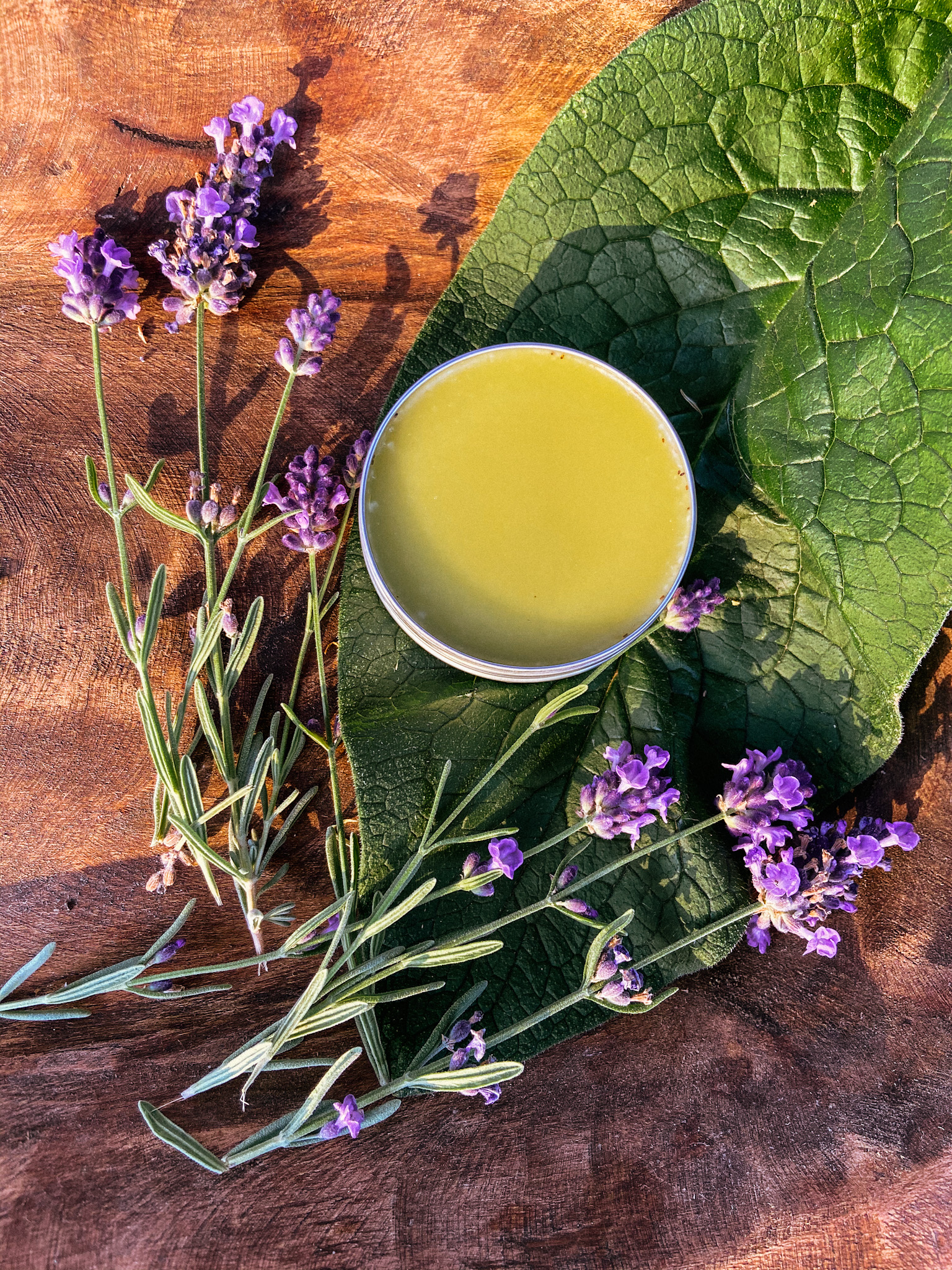Herbalism for Beginners: Comprehensive and Practical Guide
Herbalism for Beginners
In this blog post, I will discuss that herbalism for beginners can be a wonderful way to explore the healing power of nature. Herbalism is the practice of using plants for medicinal purposes, and it has been around for centuries. In ancient times, people relied on herbs for everything from treating common ailments to supporting overall wellness. Today, herbalism is still widely used and can complement modern medicine. Whether you’re looking to support your immune system, soothe skin issues, or simply live a more natural lifestyle, herbal remedies are a great way to start.
As a Registered Nurse and a mom of five, I’ve seen firsthand how accessible herbs can be for addressing common health issues. With just a few simple herbs, you can make remedies for everything from digestive problems to stress relief. In this guide, I’ll walk you through the basics of herbalism, why it’s so beneficial, and how you can start using herbs in your daily life.
Disclaimer: The information provided in this blog is for educational purposes only and is not intended to be taken as medical advice. Always consult with your personal healthcare professional before starting any new herbal remedies, especially if you have pre-existing health conditions or are taking medications.
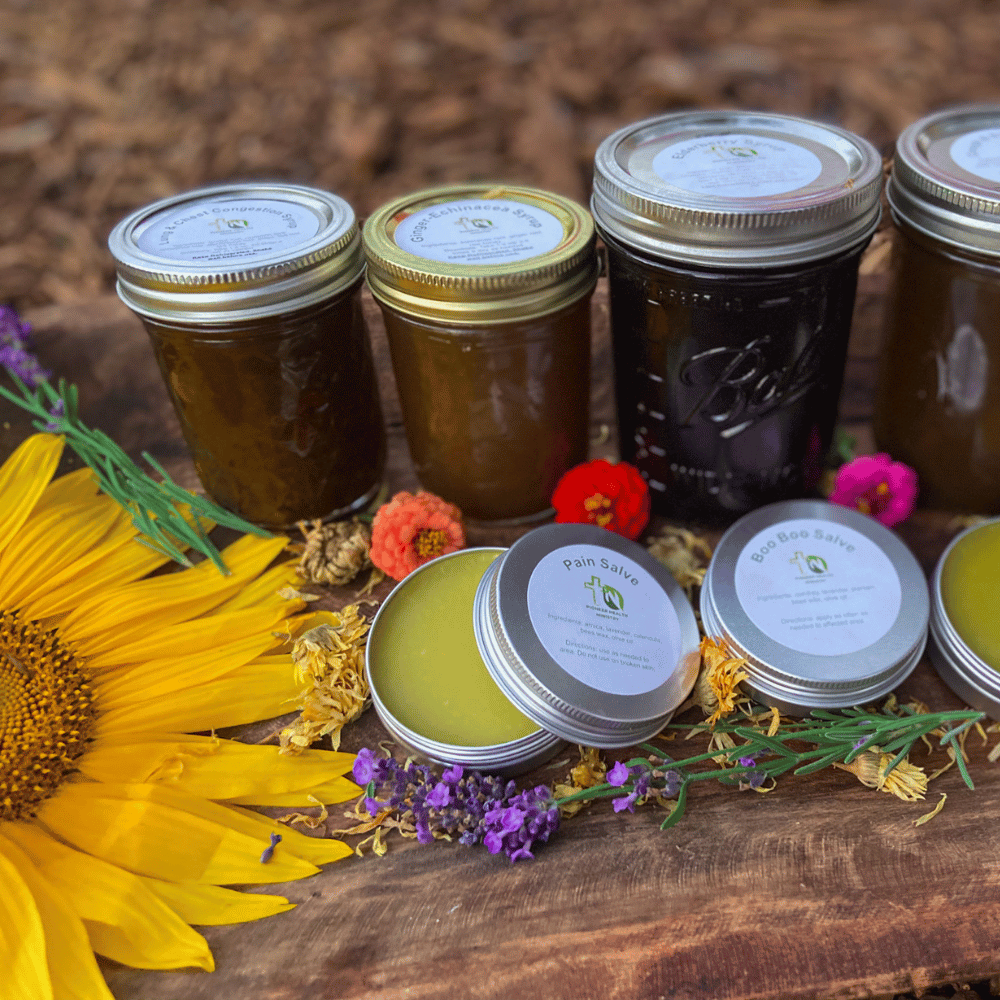
My Personal Journey with Herbalism
As a mother of five and a Registered Nurse, my journey into herbalism began years ago, when I was looking for natural remedies to support my family’s health. I wanted a way to complement modern medicine with remedies that felt more aligned with nature. Over time, I started experimenting with simple herbs for common ailments—everything from soothing a cold to easing digestive discomfort.
Using herbal remedies became a way to connect with the natural world while also taking care of my family’s everyday health. Through trial and error, I’ve learned which herbs work best, and I’ve discovered the deep satisfaction of making our own remedies at home. My personal journey with herbalism has not only helped me and my family stay healthy but also strengthened my belief in the power of plant medicine to support well-being.
This is why I’m excited to share this herbalism for beginners guide with you. If you’re just starting out, I hope my experience will help you take your first steps into the world of herbalism.
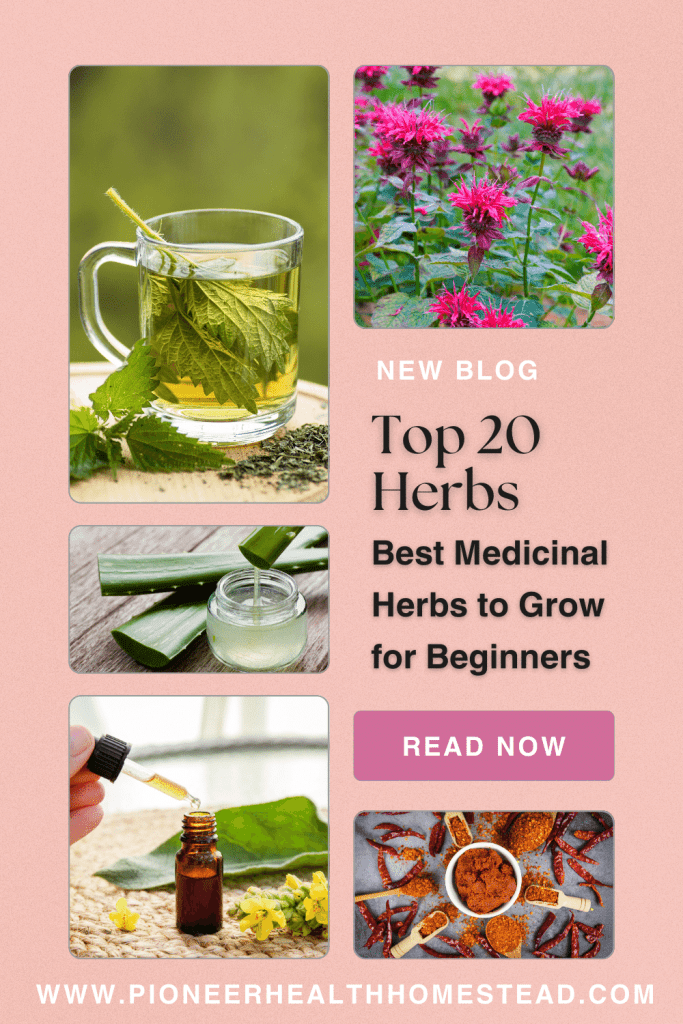
Getting Started with Herbalism for Beginners
What You Need to Know First
Herbalism is all about using plants for medicinal purposes to support health and well-being. It’s a natural way to care for yourself and your family, with remedies that come from the earth. While herbs have been used for centuries, it’s important to understand the basics before diving in. The best way to start is by learning about the medicinal properties of common plants and how they can help with everyday health issues.
When you’re just beginning your herbal journey, start simple. Focus on accessible herbs that are easy to grow, find, and use. Chamomile, rosemary, and peppermint are all great herbs to begin with. These herbs are not only effective, but they’re also safe and easy to incorporate into your daily life. For instance, chamomile tea can help with relaxation, peppermint is great for digestion, and rosemary supports mental clarity.
Benefits of Herbalism in Daily Life
One of the most rewarding aspects of herbalism is how easily it fits into your daily routine. You don’t need to be an expert or have a huge collection of herbs to get started. Simple things like drinking an herbal tea can be a wonderful addition to your day. For example, peppermint tea can soothe an upset stomach, and chamomile tea can calm stress or help with sleep.
Herbal remedies can also address specific health issues that arise in everyday life. Whether you’re dealing with digestive problems, headaches, or just need a way to relax after a long day, there’s likely a herb that can help. Incorporating these herbs into your to-do list can be an effective way to stay proactive about your health, without relying on synthetic medications.
By using plants from nature, you’re tapping into the healing powers of nature. Herbalism isn’t just about curing illness—it’s also about supporting your body’s natural ability to maintain good health. A cup of chamomile tea or a few drops of peppermint oil in your diffuser can be just what you need for a healthier, more balanced day.
Save for Later!
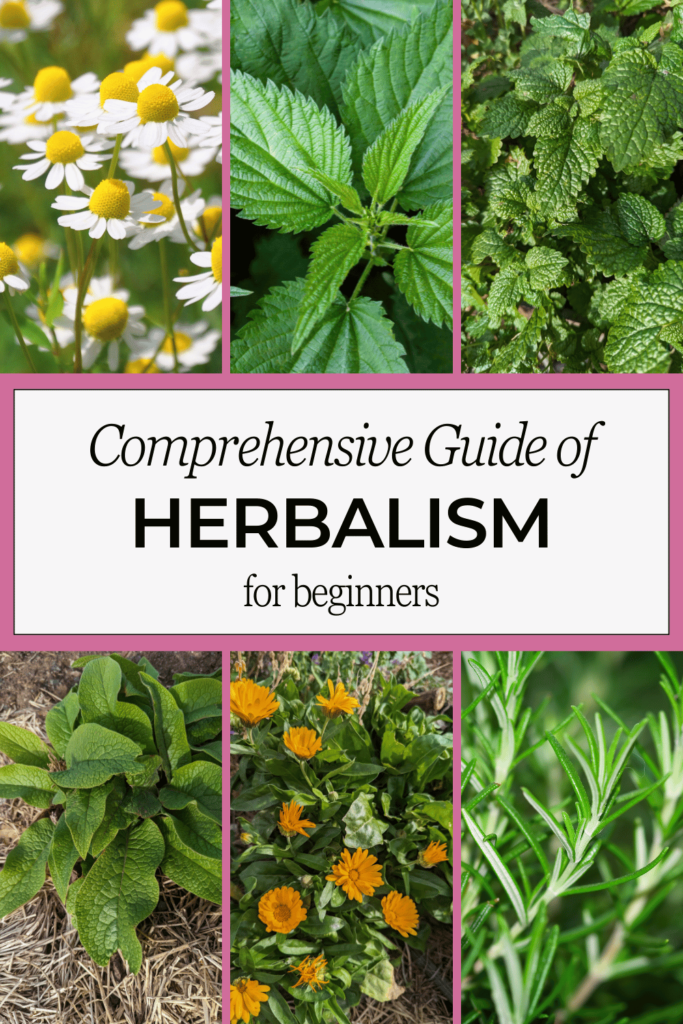
Key Herbal Remedies and Medicinal Plants
Overview of Common Medicinal Plants
Herbalism offers a wide range of medicinal plants that can support your health in everyday life. Some of the most effective and accessible herbs for beginners include:
- Chamomile: Known for its calming effects, perfect for promoting relaxation and aiding sleep.
- Peppermint: A great choice for digestive support and headaches, offering a refreshing cooling sensation.
- Lavender: Famous for its ability to reduce anxiety and promote relaxation.
- Lemon Balm: A wonderful herb for stress relief and immune system support.
- Ashwagandha: A powerful adaptogen that helps manage stress and supports overall wellness.
- Nettle: Excellent for allergy relief, skin health, and promoting vitality.
- Marshmallow Root: Soothes irritated mucous membranes and supports respiratory and digestive health.
- Rosemary: Enhances circulation, memory, and helps reduce inflammation.
- Rose: Calms the skin, promotes emotional balance, and provides relaxation.
These herbs are not only effective for supporting health but are also widely available, making them ideal for anyone just starting out on their herbal journey. Plus, many of these plants are also culinary herbs, so you may already have them in your kitchen!
Different Ways to Use Herbs
Once you’ve gathered your herbs, there are a variety of ways to incorporate them into your daily life. Here are some of the most popular methods for using these medicinal plants:
Topical Use
Many herbs are great for applying directly to the skin. You can make salves, oils, or poultices to address issues like inflammation or skin irritation. For example:
- Lavender oil can be applied to burns or insect bites to soothe the skin.
- Nettle can be infused into oils or lotions to help with eczema or rashes.
Herbal Teas
Herbal teas are one of the simplest and most enjoyable ways to benefit from plants. Here are some options to consider:
- Chamomile tea for relaxation or sleep support.
- Peppermint tea for digestive support and headache relief.
- Lemon balm tea for stress relief and immune boosting.
- Ashwagandha tea is used to manage stress and support overall health.
- Nettle tea for allergy relief and boosting general vitality.
Herbs for Digestive Problems and Stress-Related Issues
Many herbs are particularly helpful for issues like digestive discomfort and stress:
- Peppermint tea helps soothe an upset stomach.
- Chamomile and lemon balm are both effective for calming stress and anxiety.
By incorporating these herbs into your daily life, you’re tapping into the healing powers of nature. Whether you’re using them topically, brewing a cup of tea, or adding them to meals, these plants can help promote good health and manage common ailments naturally.
Building Your Herb Garden
Starting an Herb Garden for Beginners
Herbalism for beginners can be as simple as creating your own herb garden. It is a wonderful way to ensure a fresh, sustainable supply of medicinal plants. Whether you have a sprawling backyard or just a sunny windowsill, growing herbs is an accessible and rewarding endeavor. Not only does it save money, but it also allows you to control how your herbs are cultivated, ensuring they’re free from harmful chemicals.
Best Practices for Planting and Maintaining Herbs
Choose a Sunny Location
Most herbs flourish in full sun, so selecting the right spot is crucial. Look for a location that gets at least six hours of sunlight daily. This could be a garden bed, a patio, or even a windowsill for smaller herb pots. A sunny location ensures your herbs grow strong and flavorful.
Use Well-Draining Soil
Healthy soil is the foundation of any successful herb garden. Herbs prefer soil that doesn’t retain too much moisture, as soggy roots can lead to plant health issues. To achieve this, use well-draining soil and enrich it with compost. Compost provides essential nutrients while improving soil texture, helping your herbs thrive.
Start Small
If you’re new to gardening, begin with a few easy-to-grow herbs before expanding. Focus on plants you’ll use often, such as chamomile or peppermint. These herbs are hardy, versatile, and perfect for building confidence as a beginner gardener.
Water Wisely
Herbs require consistent watering, but overly wet soil can harm their roots. The best approach is to water deeply but less frequently, allowing the soil to dry slightly between waterings. This encourages the roots to grow deeper, leading to healthier, more resilient plants.
Harvest Regularly
Frequent harvesting is not only beneficial for you but also for the plants. It encourages new growth and helps keep your herbs productive. Snip leaves and stems in the morning when the essential oils are most concentrated, ensuring maximum flavor and medicinal potency.
By following these simple yet effective practices, you’ll set the foundation for a thriving herb garden that supports your journey into herbalism.
Essential Herbs to Grow at Home
Chamomile
Chamomile is an excellent herb for beginners. It’s easy to grow and highly versatile, offering benefits like promoting relaxation and improving sleep. Whether in pots or garden beds, this herb thrives in most conditions.
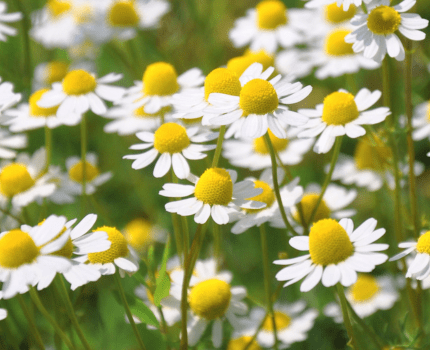
Peppermint
A favorite for teas and digestive support, peppermint is both hardy and fast-growing. Be mindful of its tendency to spread; planting it in a container can help keep it under control.
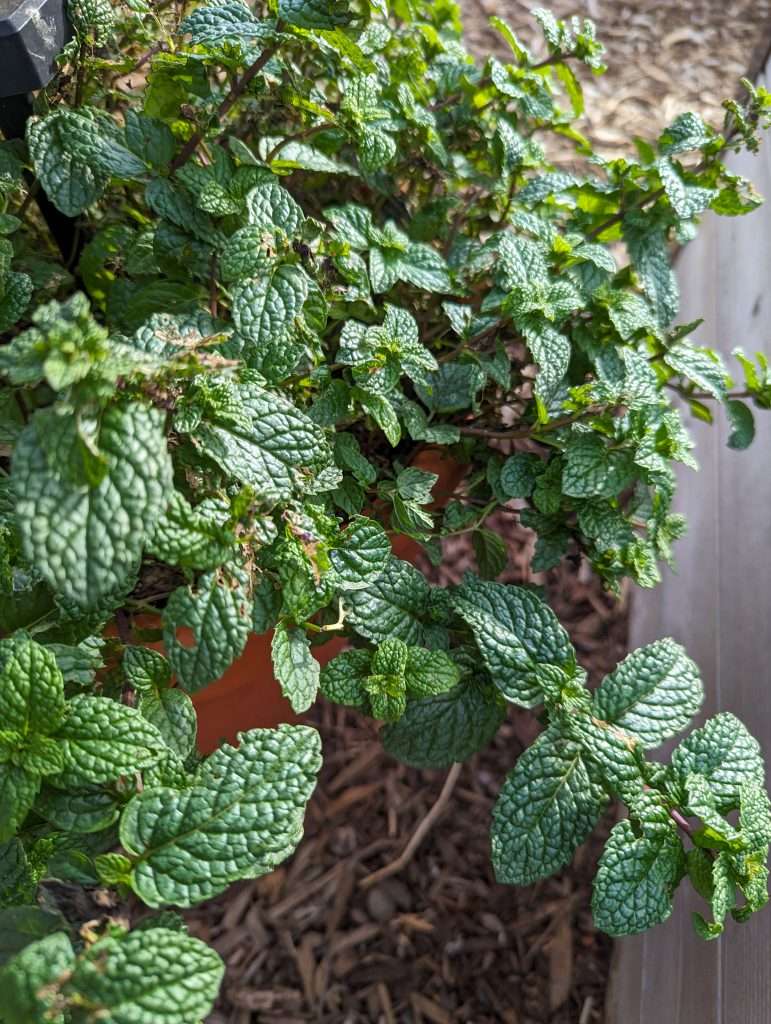
Lavender
Known for its calming fragrance, lavender is a must-have in any herb garden. This herb loves sunlight and well-drained soil, making it an ideal choice for sunny spaces.
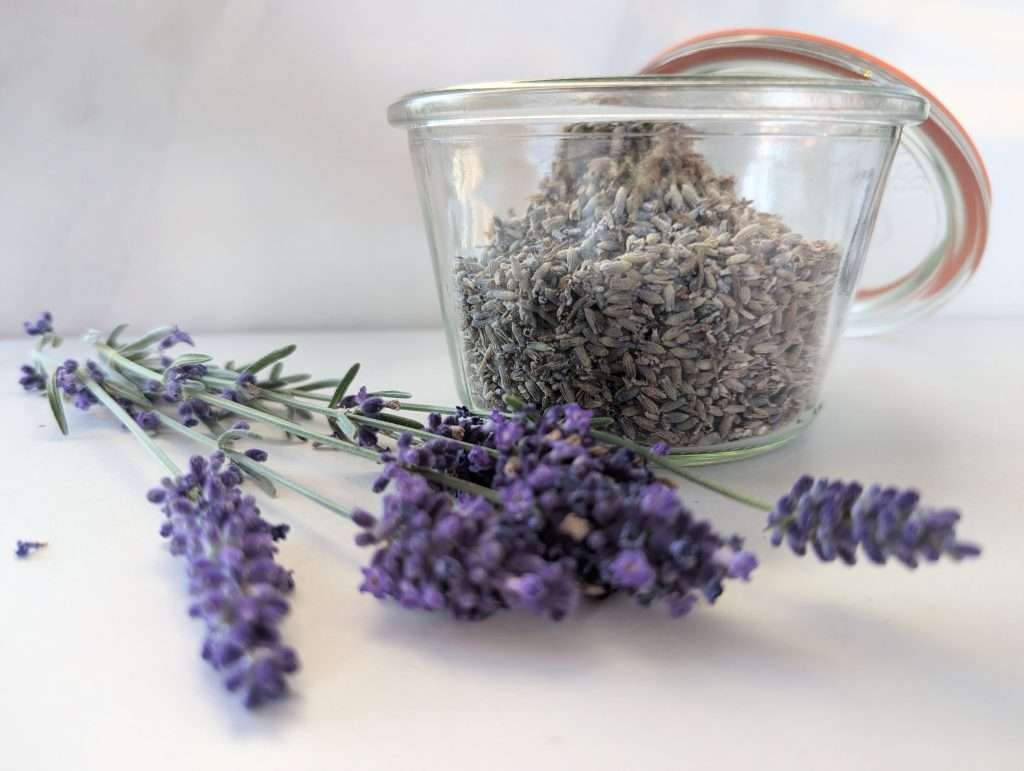
Lemon Balm
If you’re looking for an herb to support stress relief and immune health, lemon balm is a forgiving plant that grows easily in most conditions. Its bright, lemony scent also makes it a delightful addition to your garden.
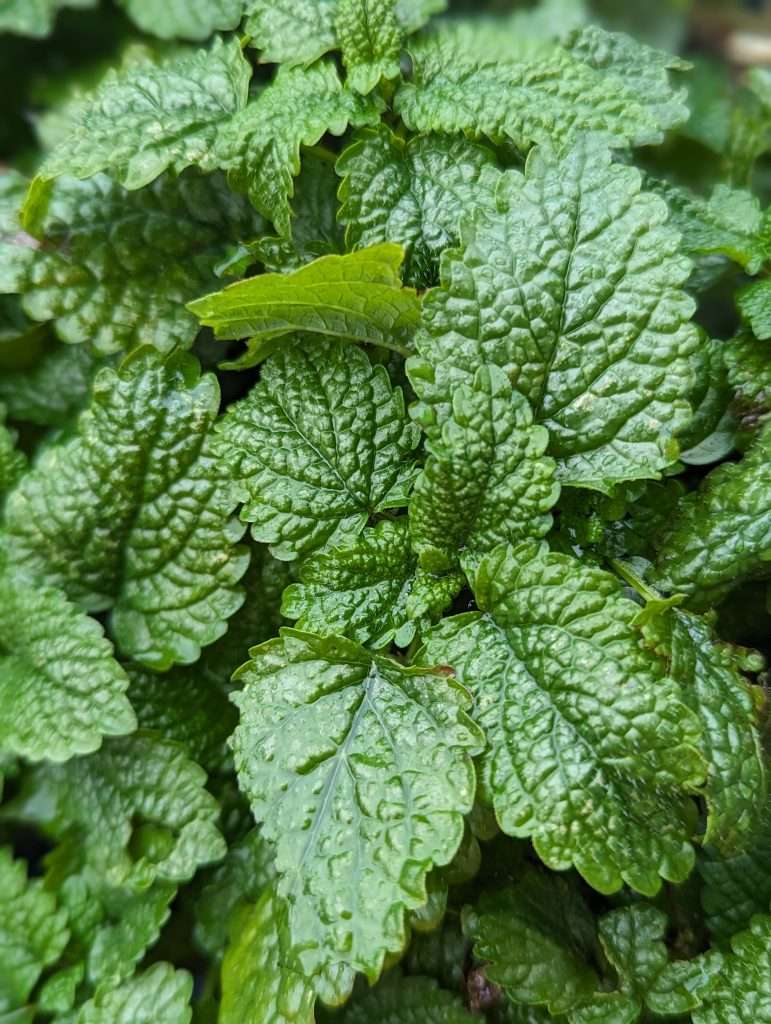
Rosemary
Rosemary offers both culinary and medicinal uses. It thrives in sunny, dry conditions and is relatively low maintenance, making it perfect for beginners.
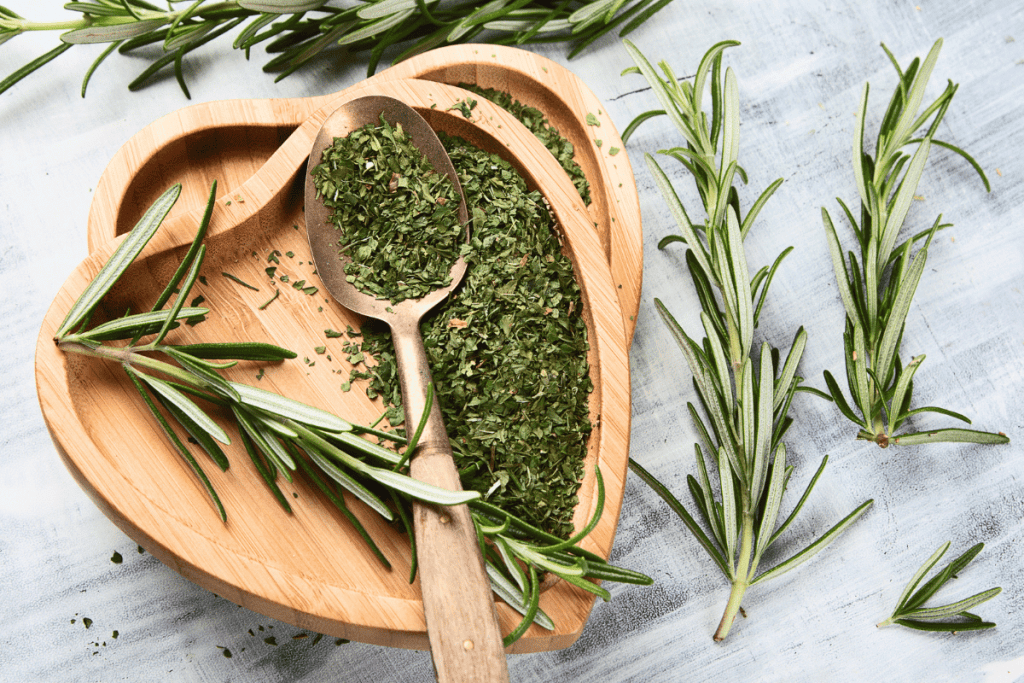
Nettle
Rich in nutrients and known for its benefits in managing allergies and promoting skin health, nettle grows best in shady areas with moist, rich soil. It’s an excellent addition to your herb garden for its versatility and health benefits.
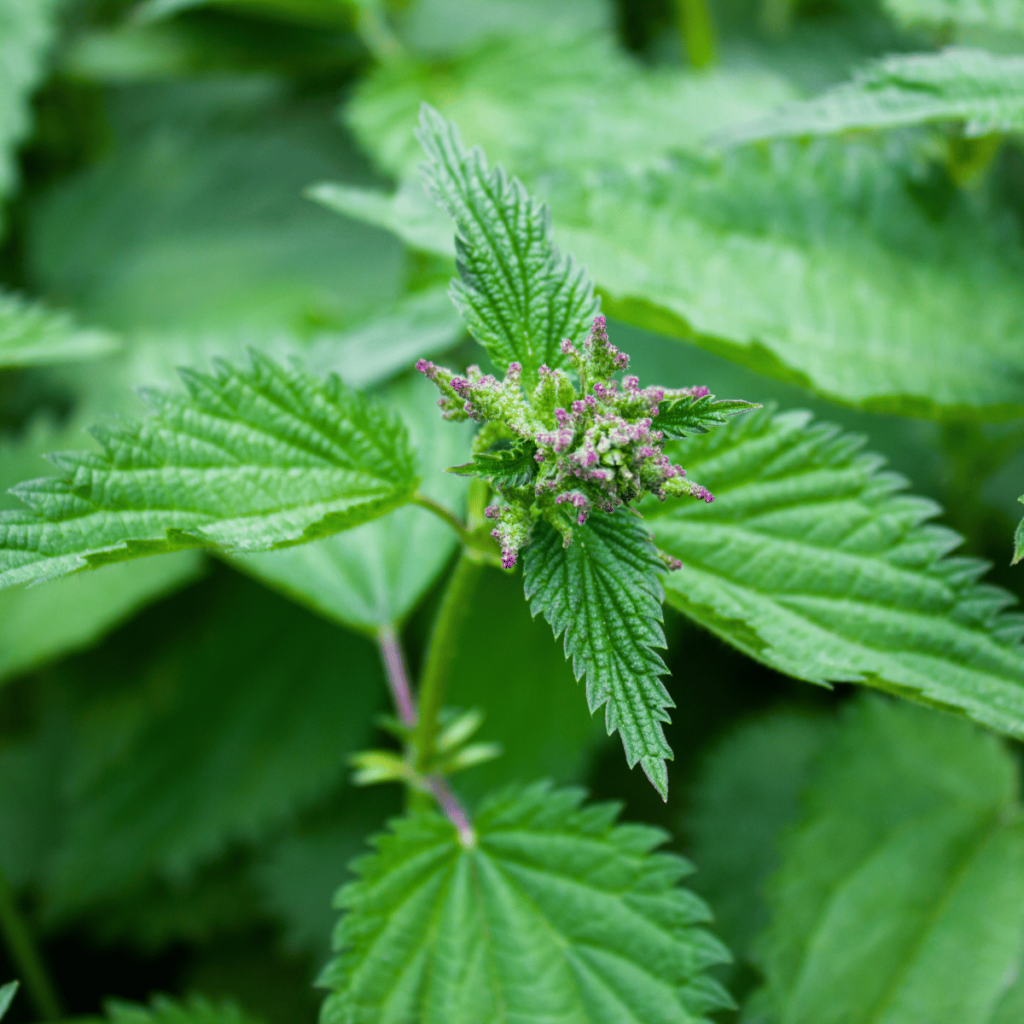
Ashwagandha
A powerful adaptogen, ashwagandha supports stress management and overall health. This hardy herb thrives in warm climates and requires minimal care, making it a fantastic choice for new gardeners.
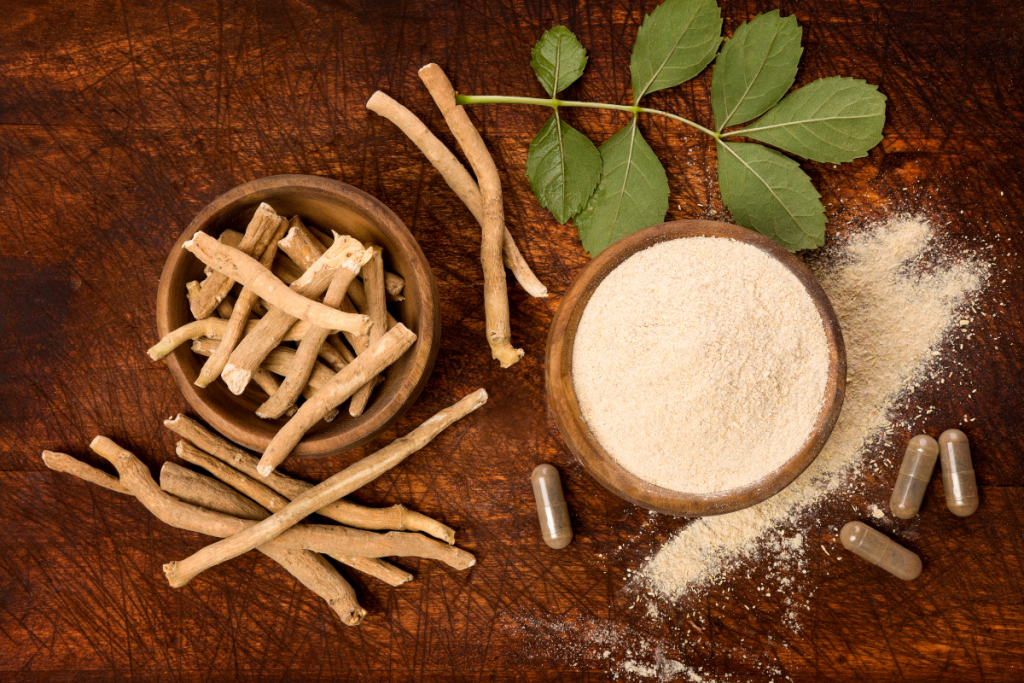
Marshmallow Root
Perfect for soothing mucous membranes and promoting digestive health, marshmallow root grows well in moist soil and partial sun. Its gentle yet effective medicinal properties make it a valuable addition to your garden.
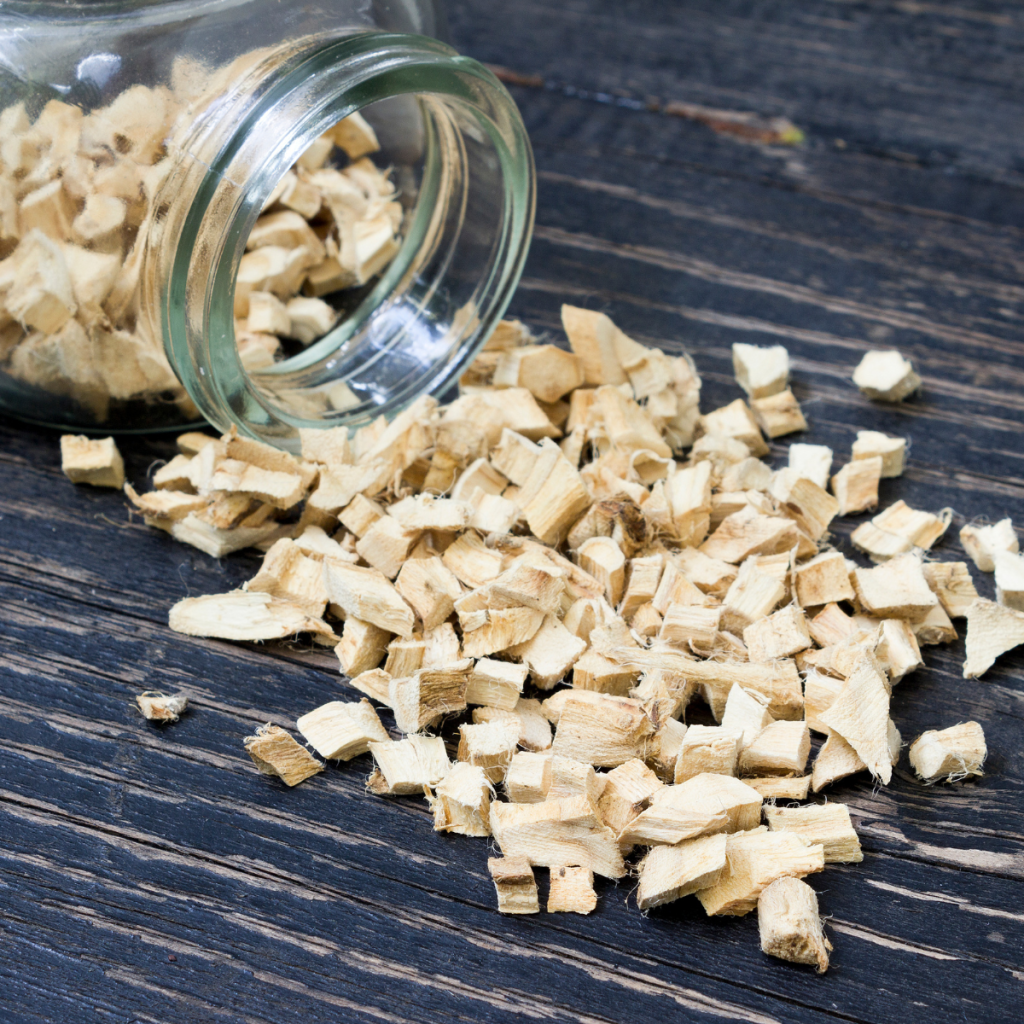
Cultivating the Healing Powers of Nature
Starting an herb garden is more than just a way to grow plants—it’s an opportunity to deepen your connection with nature and embrace the healing power of herbs. By incorporating these plants into your life, you’ll have a sustainable, fresh supply of medicinal remedies that support your family’s health and well-being.
Herbalism for Beginners Education and Resources
Herbalism for Beginners Education
Starting your journey into herbalism begins with gaining knowledge. Learning from experienced herbalists and enthusiasts offers invaluable insights. They can provide guidance on safe practices and help you build confidence in using plant medicine.
For free resources, the internet is a treasure trove. Websites, online herbalism courses, and consultations with local herbalists are excellent starting points. These resources provide helpful information, step-by-step instructions, and advice tailored for beginners.
Recommended Herbalism for Beginner Books
If you’re looking to expand your herbal knowledge, there are several great books that can guide you on your journey. Here are a couple of personal favorites that offer a wealth of information and practical advice for beginners:
- The Modern Herbal Dispensary – This book provides an in-depth look at creating your own herbal remedies and blends. It’s perfect for those who want to make tinctures, teas, salves, and other herbal preparations at home.
- Rosemary Gladstar’s Herbal Recipes for Vibrant Health – Rosemary Gladstar is one of the most well-known figures in modern herbalism, and this book is packed with easy-to-follow recipes for using herbs in everyday life. It’s a great resource for both beginners and more advanced herbalists.
These books will provide you with the tools and inspiration you need to begin crafting your own herbal remedies and expanding your knowledge of plant medicine.
This blog post may contain affiliate links, which means we may earn a small commission if you purchase through these links at no extra cost to you. For more information, please see our disclosure and policy page.
Local Libraries and Health Food Stores
Your local library is a fantastic and often overlooked resource. Many libraries offer books on herbalism, plant medicine, and natural health, making it easy to explore the world of herbs without any upfront cost.
Health food stores are another great place to find supplies and information. Many carry a selection of dried herbs, tinctures, and teas, along with knowledgeable staff who can guide you. Online marketplaces like Abebooks are also excellent for finding books and other educational materials at affordable prices.
By leveraging these resources, you’ll create a strong foundation for your herbalism practice, allowing you to connect with the healing powers of nature and incorporate them into your daily life.
Integrating Herbalism into Modern Life
Herbalism for Beginners in the Context of Modern Medicine
Herbalism can be a valuable complement to modern medicine, offering natural support for common health concerns. Many herbs have been shown to have therapeutic properties that can work alongside conventional treatments. They can support the body’s healing process, provide relief for symptoms, and even prevent illness.
For example, chamomile can help with sleep and digestive issues, while peppermint is great for relieving digestive discomfort. Echinacea is often used to support the immune system, especially during cold and flu season. These herbs are gentle, effective remedies that can be used in conjunction with prescribed treatments, promoting overall health and well-being.
Herbalism for Everyday Health
Integrating herbalism into your daily routine doesn’t have to be complicated. Simple, accessible herbs can provide significant benefits for everyday health. Start by focusing on herbs that can support your immune system, digestive health, and general wellness.
Peppermint tea is excellent for aiding digestion and relieving bloating. Lemon balm can help ease stress and anxiety, while also supporting a healthy immune system. Nettle is a nutrient-dense herb that supports joint health and helps with seasonal allergies. By incorporating these herbs into your daily life—whether through teas, tinctures, or cooking—you’ll naturally promote wellness and preventative health.
Using herbs as part of your health maintenance routine is a powerful and effective way to support your body in a natural, holistic way, without having to rely solely on conventional medicine.
The Journey of Herbalism
The Benefits of a Herbal Journey
Embarking on an herbal journey can be life-changing. Over time, you’ll discover the many benefits of using herbs to support your health and well-being. Growing your own home remedies offers a deep sense of connection to nature, and there’s something truly fulfilling about cultivating plants that can heal and nurture you.
By using accessible, everyday herbs like lavender for relaxation, chamomile for digestive health, and nettle for allergies, you will not only improve your physical health but also feel more in tune with the natural world. Herbalism allows you to take control of your wellness in a gentle, sustainable way.
Finding Your Path in Herbalism for Beginners
As you begin your herbal journey, it’s important to keep learning and growing. Take your time to explore different herbs and their uses, and don’t hesitate to seek out new resources. Herbalism is an ever-evolving field, and there’s always something new to discover.
The next steps could include enrolling in an herbalism course, consulting with a local herbalist, or diving into herbalism books. These resources will help deepen your knowledge and build confidence in your practice. And remember, herbalism is about gradual integration into your life. It takes time to change habits, so start small and build upon what you learn.
Overview
Summing Up the Herbalism Journey
Herbalism offers a natural, sustainable way to improve your health. This complete guide to getting started with herbalism has introduced you to accessible herbs, practical ways to use them, and the benefits of growing your own remedies. Whether you’re looking to support your immune system, improve digestion, or find relief from stress, herbs can be a powerful addition to your wellness routine.
Final Thoughts on Herbalism for Beginners
Herbalism is not just about using plants for medicinal purposes; it’s a holistic practice that encourages mindfulness and a deeper connection with the natural world. By continuing to learn and integrate herbs into your daily life, you’re embracing a healthier, more sustainable way of living.
Herbalism is accessible to everyone and offers lasting benefits for good health and wellness. As you explore the healing potential of nature, remember that the journey is just as important as the destination. Take it one step at a time, and enjoy the process of learning, growing, and healing with the power of plants.
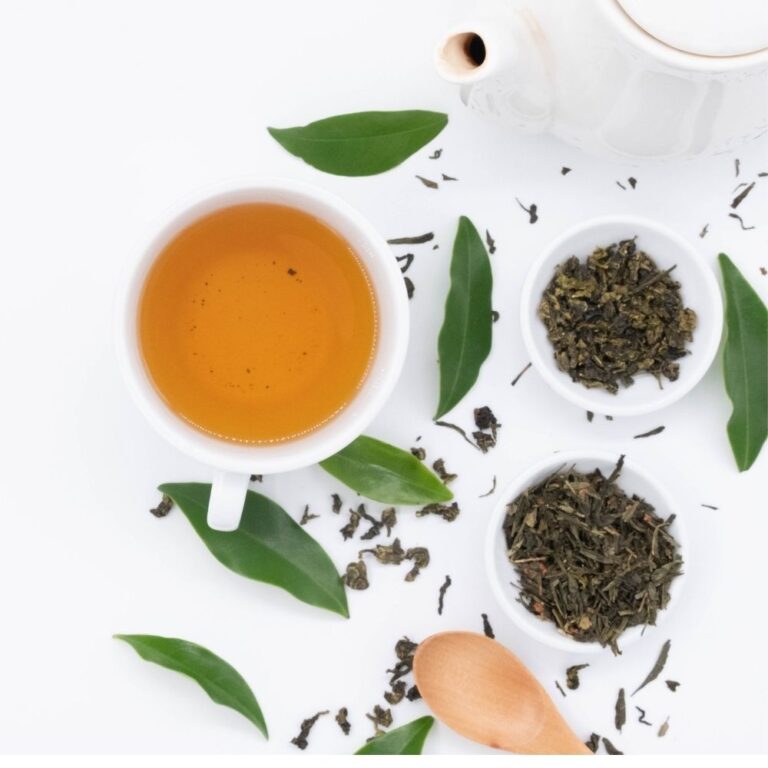
Green Tea Vs Herbal Tea: The Best Complete Tea Guide
Sharing is caring! Facebook Pinterest X Green Tea Vs Herbal Tea: The Best Complete Tea Guide Understanding the Differences Green tea vs herbal tea is a popular debate among tea lovers worldwide. Both offer unique flavors, health benefits, and caffeine content. Tea has a rich history and is enjoyed in many cultures. From Chinese green…
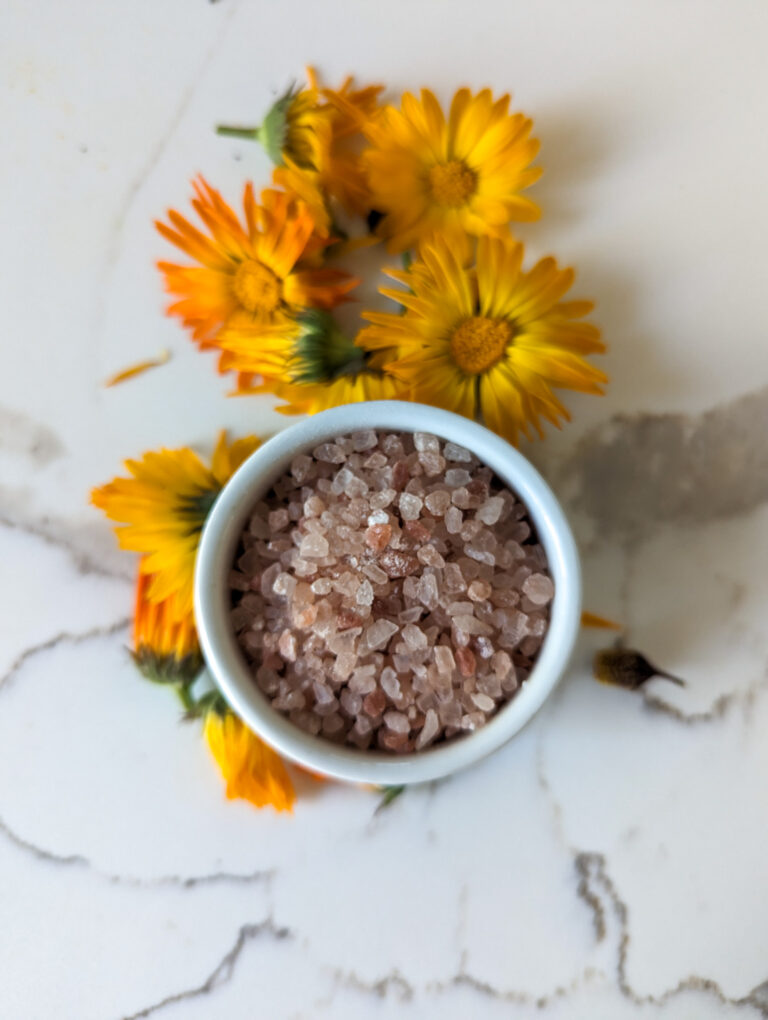
How to Make Bath Salts Without Epsom Salt: Free Recipe
How to Make Bath Salts Without Epsom Salt: Free Recipe How to Make Bath Salts Without Epsom Salt Homemade bath salts without Epsom salt are a great way to enjoy a luxurious soak. You can use natural ingredients like coarse sea salt, baking soda, and pink Himalayan salt for a soothing experience. A relaxing bath…
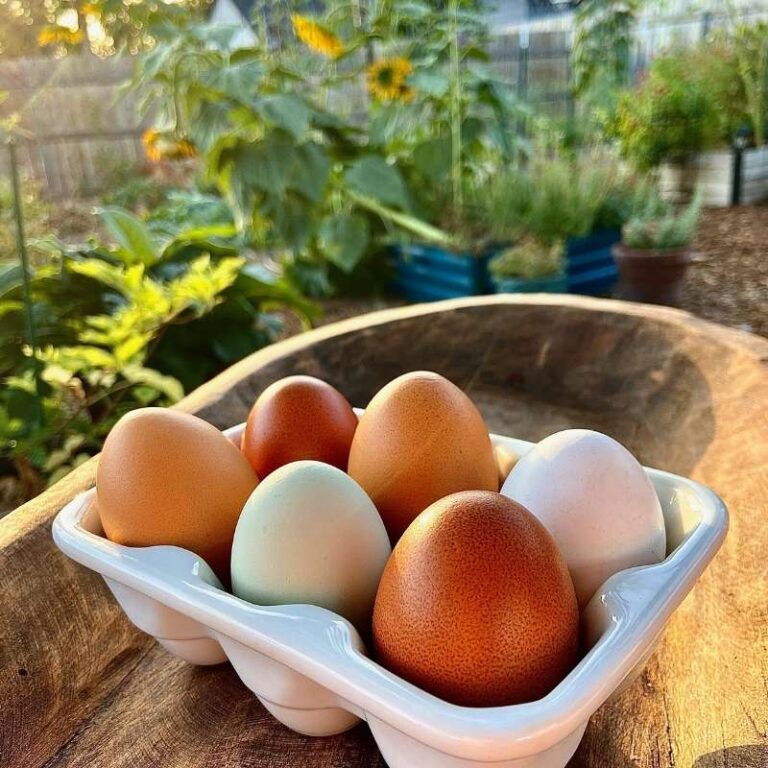
Homesteading in California: How to Start at Any Stage
Homesteading in California: How to Start at Any Stage How Homesteading in California is Possible Homesteading in California is a journey that looks different for everyone, depending on where you live in this vast and diverse state. From the deserts dotted with Joshua trees in the south, to the rugged mountain ranges in the north,…
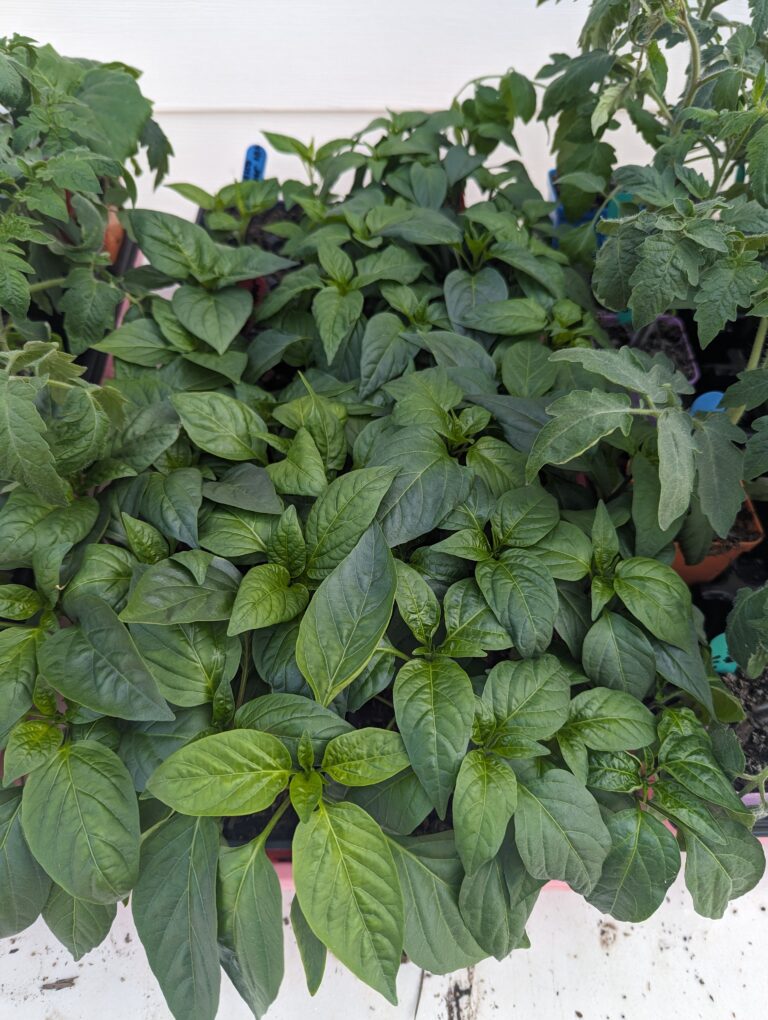
How to Make Peppers Grow Faster: Guide and Easy Tips
How to Make Peppers Grow Faster: Guide and Easy Tips How to make peppers grow faster is a common question among home gardeners seeking to maximize their growing season. Whether you’re nurturing sweet peppers, green peppers, or hot pepper plants, creating ideal conditions is essential for pepper success. The best way to achieve healthy pepper plants…
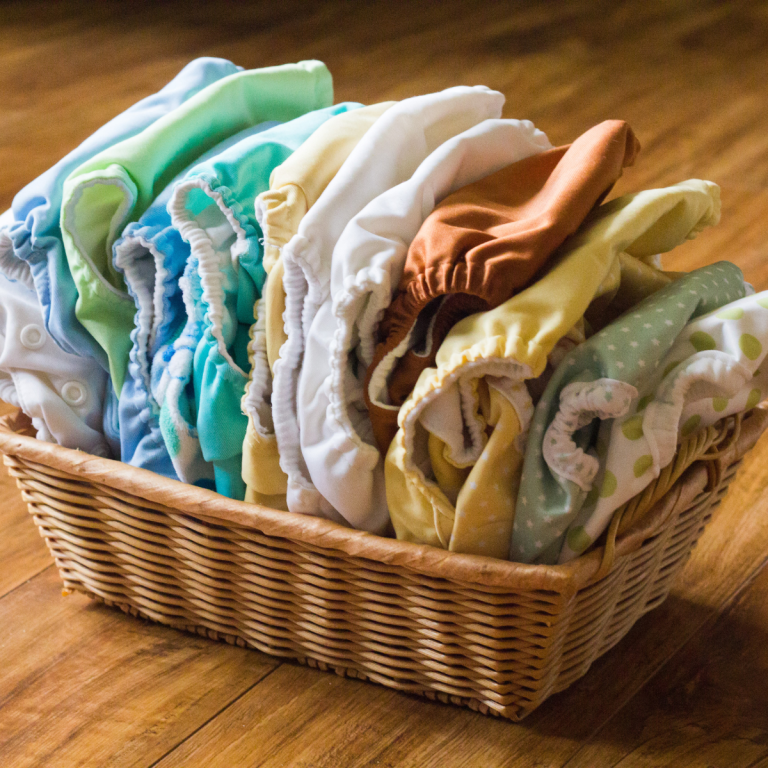
The Different Types of Cloth Diapers: Ultimate Guide
The Different Types of Cloth Diapers: Ultimate Guide The different types of cloth diapers offer a sustainable and eco-friendly alternative to disposable diapers for your baby. As a mom of five and a Registered Nurse, I’ve seen the many benefits of reusable cloth diapers firsthand. This guide will help you understand the major types of…
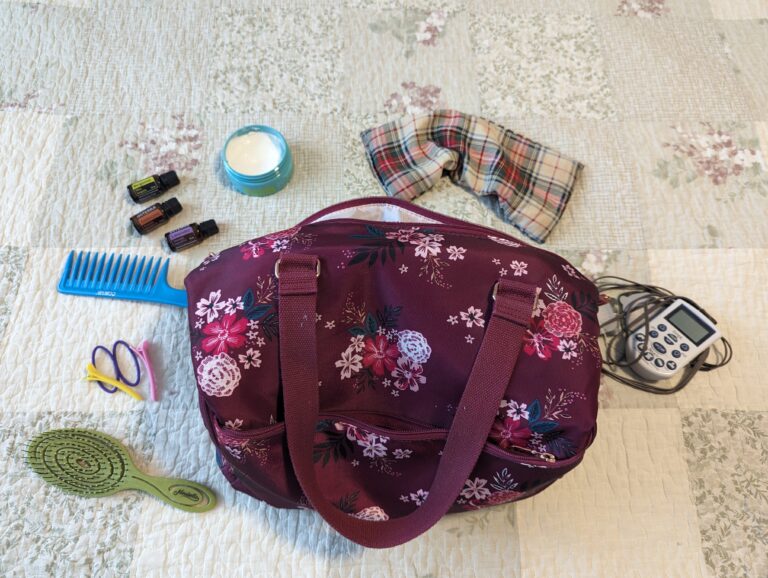
The Best Doula Bag Essentials Kit for Birth and Postpartum
The Best Doula Bag Essentials Kit for Birth and Postpartum The Best Doula Bag Essentials Kit for Birth and Postpartum A well-stocked doula bag is essential for supporting women during birth and postpartum. As a Registered Nurse, mother of five, and former Navy Hospital Corpsman, I’ve experienced the birthing world from many angles. I’ve worked…
